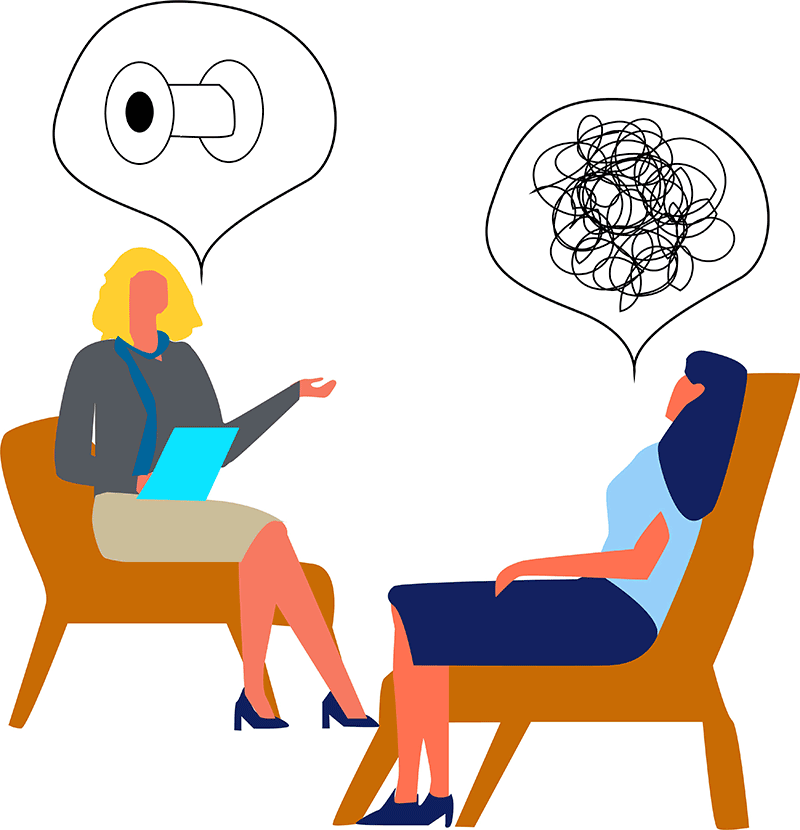Depression is a common mental health disorder characterized by persistent feelings of sadness, hopelessness, and loss of interest in activities. It can also cause physical symptoms such as fatigue, changes in appetite and sleep patterns, and difficulty concentrating. Depression can vary in it’s severity and range from severe depression which is associated with a greater interruption to work, family and social life to milder depression. People who experience milder depression can often function normally, but find it hard to enjoy life and feel a sense of connectedness
Depression is caused by a combination of biological, environmental, social and psychological factors. It can be triggered by a traumatic event, a major life change, or an ongoing stressor.
Depression is treatable, and there are a variety of evidence-based treatments available. It is important for people experiencing symptoms of depression to seek help from a qualified mental health professional.
Symptoms of depression include:
- Persistent feelings of sadness, hopelessness, and emptiness
- Loss of interest in activities that were once enjoyed
- Changes in sleep patterns, such as insomnia or oversleeping
- Changes in appetite and weight
- Fatigue or lack of energy
- Difficulty concentrating or making decisions
- Feelings of worthlessness or guilt
- Suicidal thoughts

